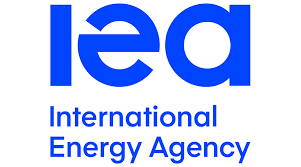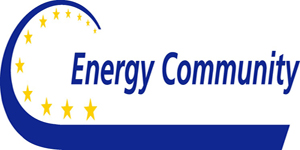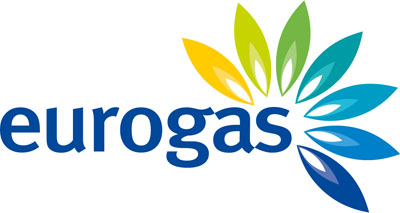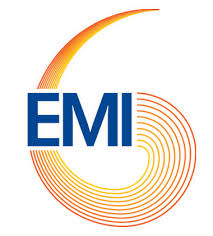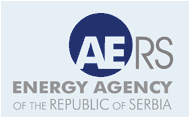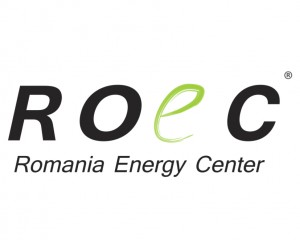Lithuania’s Independence LNG terminal, located in the port city of Klaipeda, has exposed the country to more diversified natural gas supply sources causing Russia to slash its gas prices by 50 percent, according to Audrius Bruzga, Lithuania's ambassador to Turkey.
Bruzga told Anadolu Agency in an exclusive interview that the Klaipeda LNG terminal is making a huge difference in breaking the formal gas dependence on Russia. "We have to pay less than before. Now we have alternatives. Ships are coming from quite a few countries such as the U.S., Norway, Russia, Nigeria, and Trinidad & Tobago," he said.
Bruzga said that in 2017, 45 percent of Lithuania’s gas needs came in the form of LNG of which 55 percent was imported from Russia via pipeline.
He stressed that before 2014, the country was 100 percent dependent on Russian piped gas. But since the LNG terminal started operations, it has offered so much more than energy security to the point where the terminal could Lithuania to become a LNG hub in the region.
"We should keep both options open. Our LNG terminal is just more than a ship. It’s definitely more than that. It’s energy security and it is also a new level in the developing economy. It brings know-how with it. Also, it brings a value-added economy," the ambassador said.
Commenting on the country's plans for LNG distribution, he said, "It’s a big facility there, and we don’t need that much gas so we want to share it with other Baltic countries like Poland and perhaps with Sweden. Using this gas for vehicles is also another option. When you bring big capacities, you can distribute to local users and it’s much more cost-effective," he explained.
He also said that the country is open to LNG knowledge sharing with Turkey, which in turn could result in business development and investments. "We definitely would like to be a partner with Turkey with experience with its own terminals that it can share. Maybe together we can build new products and businesses," he said.
In 2016, a Lithuanian LNG cluster and LNG Competence Center was established uniting national and international companies, academia and state institutions with the goal of developing competence, technology, innovation and business models for LNG applications in transport, energy, and the maritime sectors.
Projects are being undertaken to use LNG’s cold energy for refrigerated terminals, LNG use for rail logistics, and geothermal power for LNG regasification.
- Electricity connections with Europe
Bruzga cited Lithuania's electricity links with Poland and Sweden, which became operational in December 2015, as an example of collaboration and ensuing price advantages in the electricity sector that the country's gas market could emulate. These lines also allow connections between Lithuania and European markets.
"Lithuania enjoyed the advantages of these two lines. Energy flows both ways and depends on the price and needs of the course. When those two lines opened to Poland and Sweden, the prices dropped by around 15 percent," he said.
Although progress has been made in becoming more energy independent, he explained that as Lithuania is still connected to the former Soviet electricity grid, they are currently not in a position to regulate the system as Russia still controls it.
"That’s the last dependence on Russia, on the former Soviet bloc," he explained, but added that Lithuania targets a disconnection in 2025 when they are set to be connected to the European system.
He disclosed that Lithuania signed an agreement on June 28 with Estonia, Latvia, Poland and the European Commission on the synchronization of the Baltic States’ electricity networks with the continental European Network via Poland.
"The target is 2025. One line to Poland is not enough. We will need a second connection. There has been a study done on what is the most cost effective way of doing that. The European Commission is very much behind us," he said.
(Anadolu Agency)


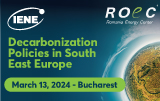
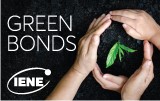
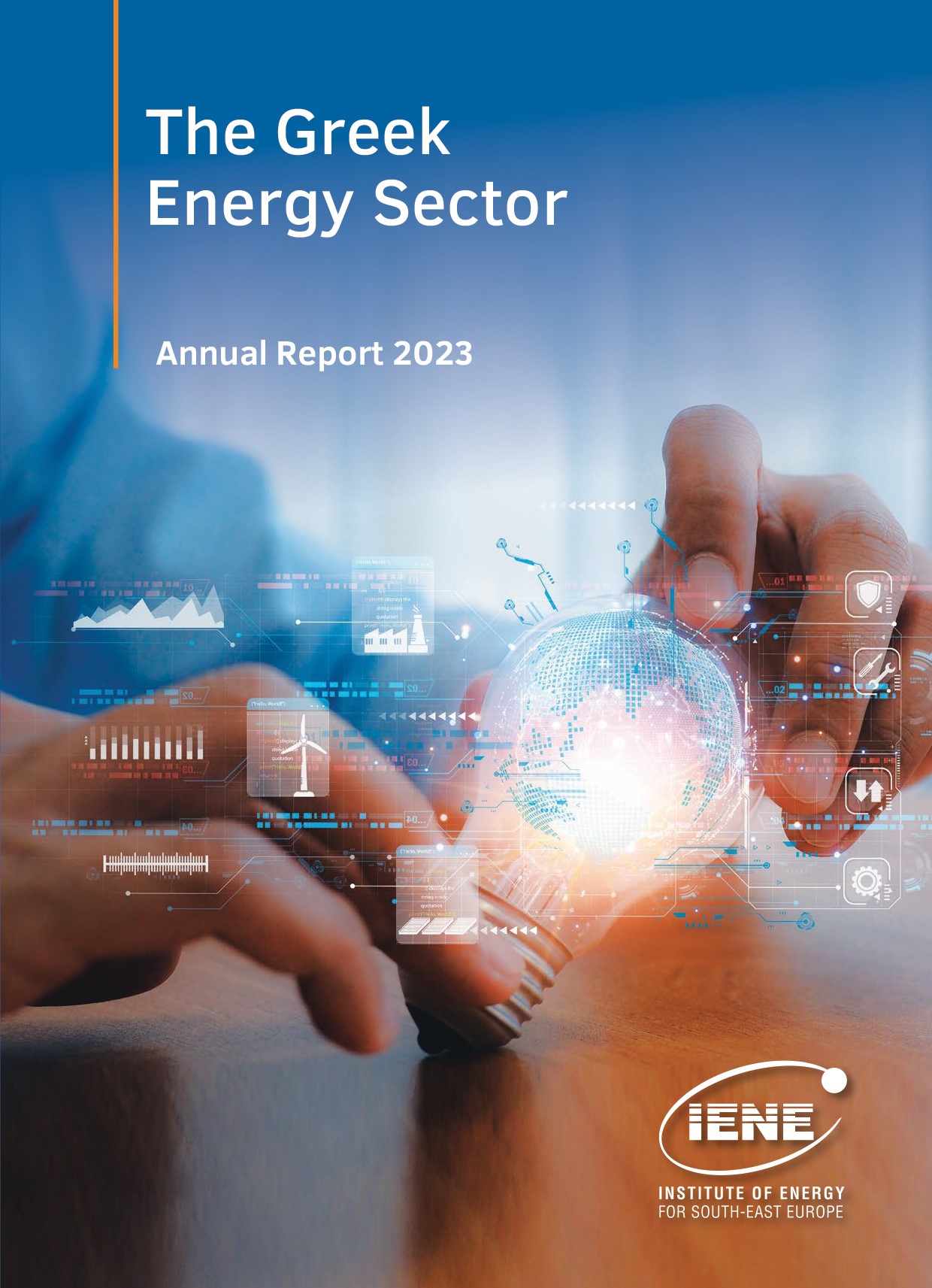
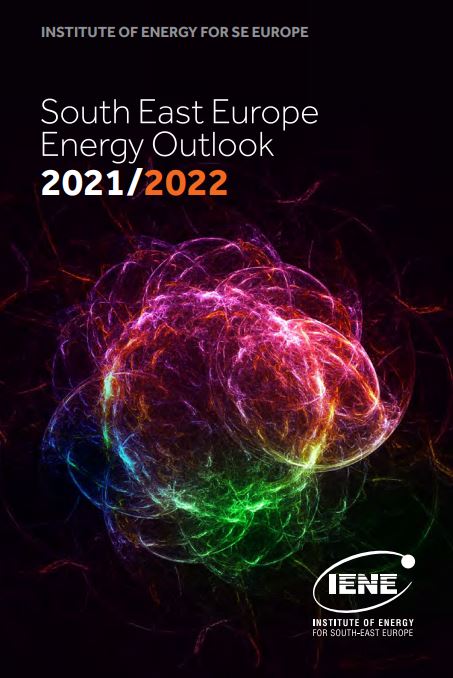
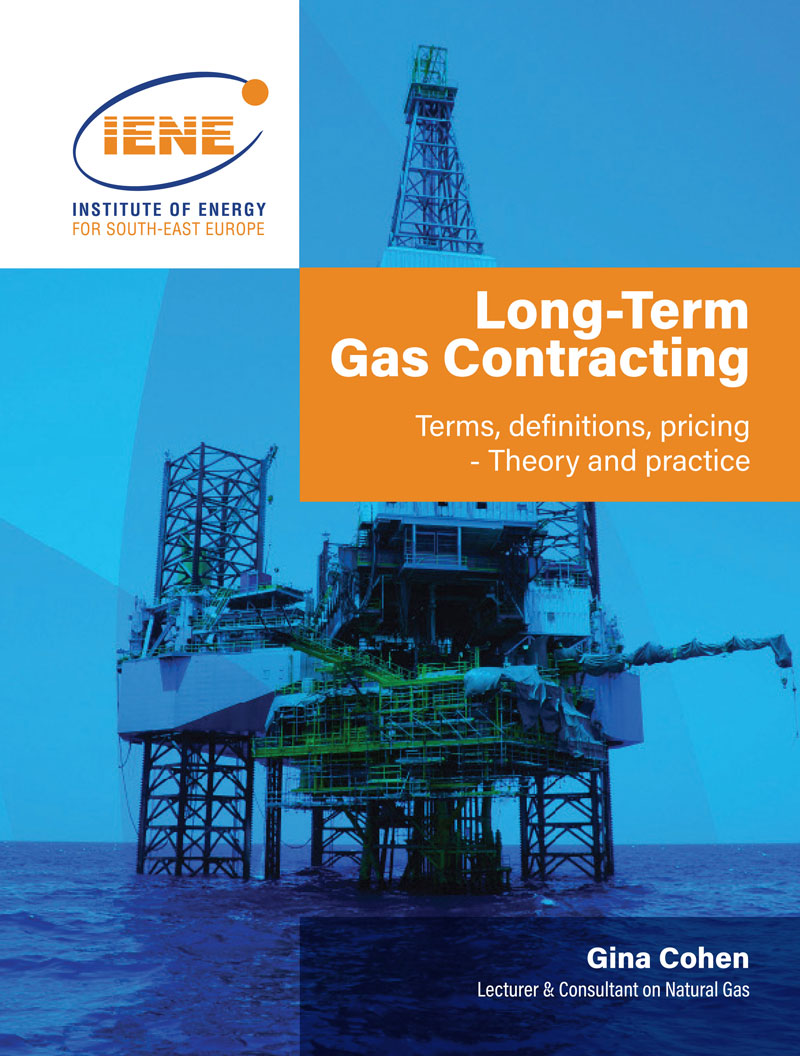 More
More
